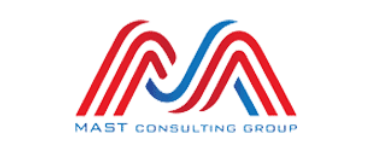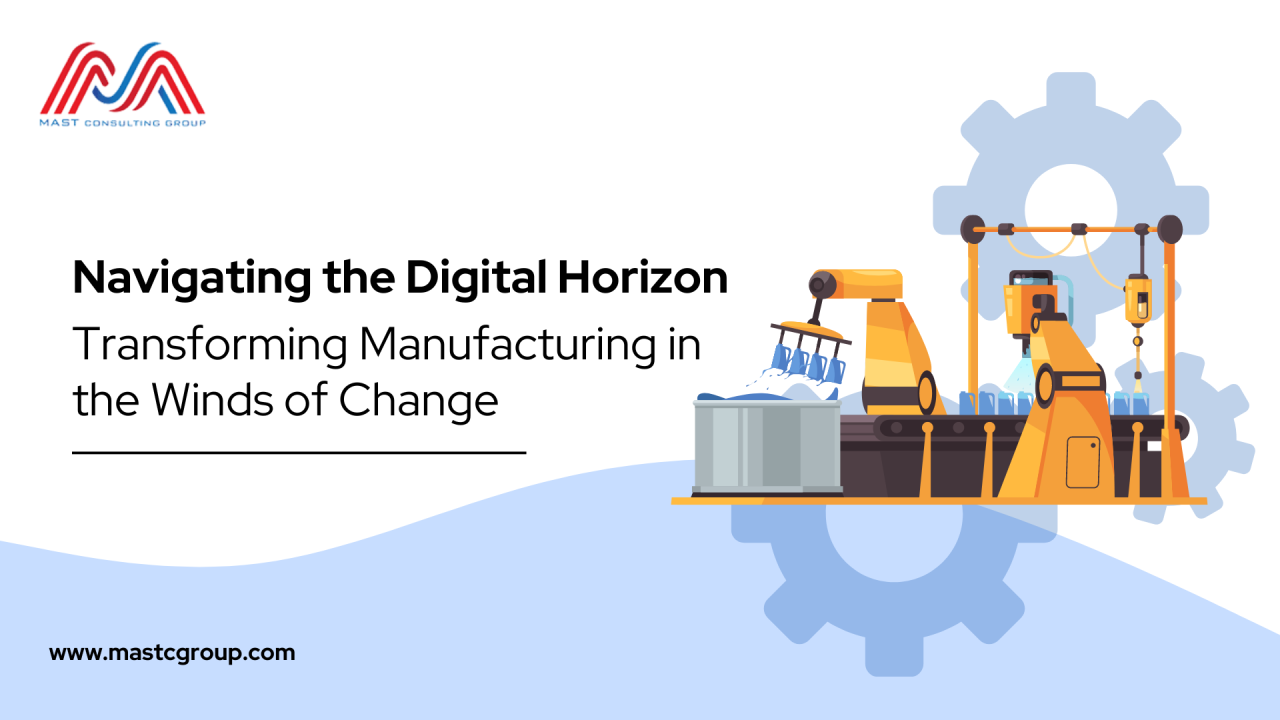The health sector is in the midst of a profound transformation driven by the integration of digital technology. This evolution is not just about adopting gadgets or apps; it’s about redefining how healthcare is delivered and experienced. Patients and providers are navigating a new era of unprecedented connectivity, data-driven insights, and personalized care.
Why Adaptation is Essential?
In the rapidly evolving realm of healthcare, digital transformation is at the forefront of enhancing the patient experience. Patients today have raised their expectations, seeking the same level of convenience and engagement in their healthcare journey that they encounter in other facets of their lives. To meet these evolving expectations and cultivate lasting patient relationships, healthcare providers are turning to digital tools and technologies. These tools not only facilitate seamless communication but also empower patients to take a more active role in their healthcare decisions, thereby fostering a patient-centric approach to care.

Efficiency and accuracy are fundamental pillars of this digital revolution in healthcare. Digital transformation optimizes administrative tasks, reducing errors, and significantly improving the overall efficiency of healthcare delivery. Furthermore, it plays a pivotal role in enhancing data accuracy. With reliable and up-to-date information readily accessible, medical decisions can be made with greater confidence, ultimately leading to higher-quality care and improved patient outcomes.
Moreover, the advent of digital solutions has ushered in an era of data-driven healthcare. These technologies provide healthcare providers with a wealth of patient data, enabling them to make more informed decisions and tailor treatments to individual patient needs. This data-driven approach not only leads to better outcomes but also contributes to cost reduction by optimizing resource allocation and treatment strategies. Additionally, the emergence of telehealth and remote monitoring has transformed healthcare accessibility. Adapting to these technologies extends care to underserved populations and enhances patient engagement by offering healthcare services beyond the traditional clinic or hospital setting. In essence, the adoption of digital tools in healthcare represents a fundamental shift towards a more patient-centric, efficient, and data-driven healthcare landscape, with telehealth and remote care as vital components of this transformative journey.
MAST Consulting Group’s Approach

At MAST Consulting Group, our approach to healthcare digital transformation is centered on four key principles. We begin with a strategic assessment to understand each organization’s unique challenges, followed by the selection and seamless integration of technology solutions aligned with strategic goals. Patient engagement is paramount, empowering individuals while ensuring data privacy and security. We rigorously uphold data security and compliance standards to protect patient information. Our approach prioritizes efficiency, patient-centricity, and measurable results in the journey toward healthcare transformation.
Conclusion
The digital transformation of the health sector isn’t a fleeting trend; it’s a fundamental shift reshaping healthcare delivery. Adaptation is no longer a choice; it’s necessary for healthcare organizations that aspire to deliver higher-quality care, improve patient outcomes, and remain competitive. As the healthcare landscape evolves, those who embrace digital innovation, like MAST Consulting Group, are positioned to deliver more accessible, efficient, and patient-centered care. The future of healthcare belongs to those willing to adapt and harness the power of digital transformation.
Original Post – https://www.linkedin.com/pulse/digital-transformation-healthcare-building-healthy-tomorrow-94a4f/


